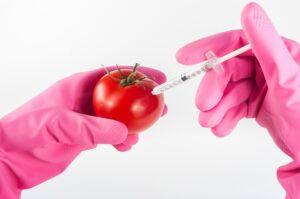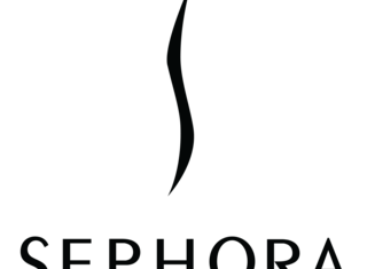Pesticide residues in EU food: we have the latest data
EFSA has published its report on pesticide residues in European Union food. In 2021, a total of 87,863 food samples were collected in the European Union. The analysis of the results shows that 96.1% of the samples were below the permissible level. 97.9% of the 13,845 samples analyzed during the EU-coordinated control program (EU MACP) met the legal limits.

(Photo: Pixabay)
Within the framework of the EU MACP, randomly collected samples from 12 foods were tested in the laboratory. In 2021, these were eggplant, bananas, broccoli, cultivated mushrooms, grapefruit, melons, peppers, table grapes, virgin olive oil, wheat, beef fat, and chicken eggs.
Among the samples analyzed in the coordinated program:
• 58.1% (8,043 samples) can be considered free of chemical residues;
• 39.8% (5507) contained one or more chemical residues in a concentration below or equal to the permissible level (this is the so-called maximum permissible pesticide residue level, or MRL);
• 2.1% (295) contained substance residues exceeding the permitted level.
The experts sample the same range of products every three years, thus the decreasing or possibly increasing trend can also be well examined.
The general proportion of pesticide residues exceeding the MRL increased from 1.4% in 2018 to 2.1% in 2021
Excluding grapefruit, the average MRL exceedance rate in 2021 was 1.4%, the same as in 2018. In 2021, the member states drew attention to the fact that grapefruits imported from outside the EU have a higher presence of pesticide residues, which is why the European Commission increased border controls in this regard in the same year.
The report shows that the food products analyzed in 2021 are unlikely to pose a threat to the health of consumers. Nevertheless, the authority’s report also contains a number of recommendations to increase the efficiency of European control systems for pesticide residues.
Nébih
Related news
ENAR data reconciliation for cattle, sheep and goat, pig and poultry farmers is underway until the end of March
🎧 Hallgasd a cikket: Lejátszás Szünet Folytatás Leállítás Nyelv: Auto…
Read more >Chemical cocktail or safe food?
🎧 Hallgasd a cikket: Lejátszás Szünet Folytatás Leállítás Nyelv: Auto…
Read more >Related news
Not a turnaround, but consolidation: an agricultural outlook for 2026
🎧 Hallgasd a cikket: Lejátszás Szünet Folytatás Leállítás Nyelv: Auto…
Read more >Sephora is coming to Belgium this year
🎧 Hallgasd a cikket: Lejátszás Szünet Folytatás Leállítás Nyelv: Auto…
Read more >








